Together, the four new actors will control more than half of Sweden’s around 900 pharmacies, which were previously all owned by the state-run Apoteket monopoly. In order to facilitate their sale, the 465 pharmacies up for tender were subdivided into eight clusters by Apoteket Omstrukturering AB (OAB), the company formed to oversee the restructuring process.
Eva-Britt Gustafsson, managing director of OAB, explained that the four buyers would help set the stage for a well-functioning Swedish pharmacy market.
“We feel that this creates a good market structure made up of a number of actors with varying emphasis and geographical coverage,” said Gustafsson in a statement.
Apoteket AB will continue to operate around 300 pharmacies, while the country’s remaining pharmacies will be run by smaller private operators.
The combined sale price for the eight clusters amounted to 5.9 billion kronor ($857 million), as four parties swooped to control a major share of the re-regulated market, according to a statement released on Monday by OAB.
The sale price exceeded expectations, said OAB chairperson Birgitta Böhlin.
“The aim of the pharmacy reform is, among other things, to safeguard the secure provision of pharmaceuticals at low pharmaceutical prices,” said Böhlin, speaking at a Monday morning press conference.
Apoteket Hjärtat, owned by private equity firm Altor, is to be become the largest actor on the market having bought two clusters comprising 208 pharmacies, with a turnover of 7.1 billion kronor and 1,500 employees.
Kronans Droghandel Retail AB, a company jointly owned by Oriola-KD
Corporation and Kooperativa Förbundet (KF), acquired 100 percent of the shares in cluster 2, officially known as Pharmacy Company Sweden 2 AB, which consists of 171 pharmacies with a turnover of 4.4 billion kronor and 930 employees.
Medstop Holding AB, owned by Stockholm-based private equity firm Segulah, secured the purchase of clusters 3,4 and 5, which together comprise 62 pharmacies with a turnover of 3.1 billion kronor and 660 employees.
Swedish investment giant Investor has also acquired a share of the pharmaceutical pie through Vårdapoteket i Norden AB, a company it owns with fellow Swedish firm Priveq. Vårdapoteket i Norden AB has laid claim to clusters 6 and 7, which consist of 24 pharmacies with a turnover of 1.4 billion kronor and 230 employees.
The share transfer agreements are subject to the approval of the Swedish Medical Products Agency (Läkemedelsverket) and the country’s competition authorities.
As of November 1st, Swedes wanting to buy non-prescription drugs can do so at selected stores, including some gas stations and grocery shops.
Firms could start operating pharmacies under their own brand names “sometime early next year, maybe January or February,” Jebsen said, adding the acquisitions still had to be approved by the country’s competition authority and its medical products agency.
The Swedish government has previously argued that putting an end to the Apoteket monopoly would improve the availability of medicines for customers in the form of more pharmacies and longer opening hours, and create downward pressure on prices as more providers entered the market.

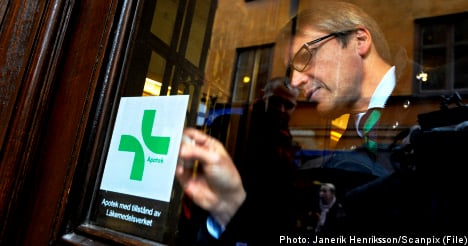
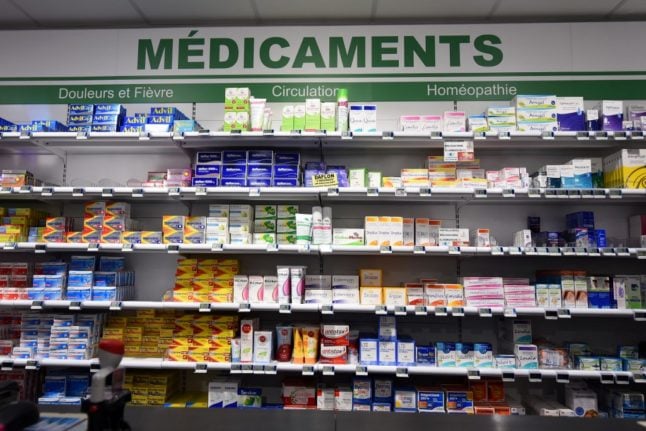
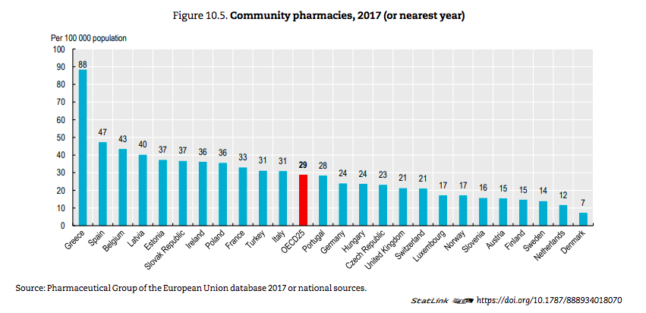
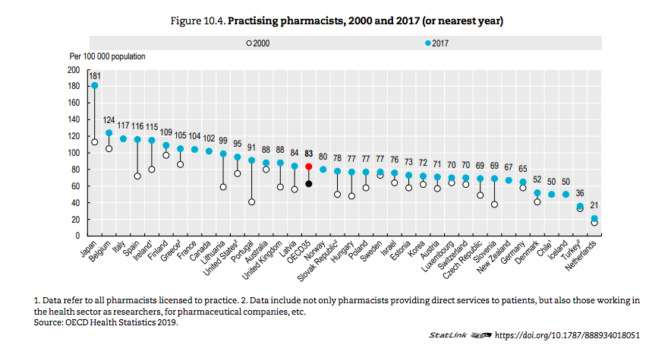
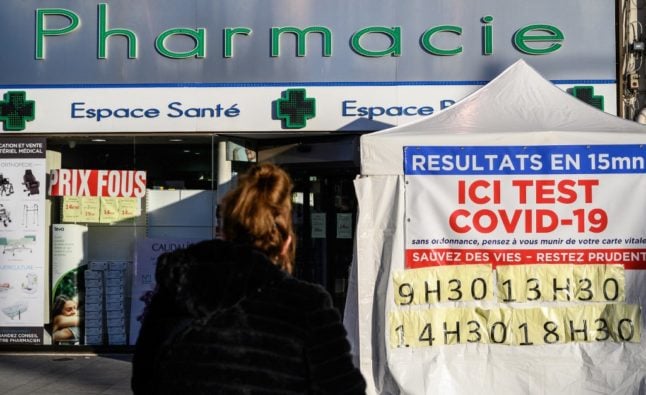
 Please whitelist us to continue reading.
Please whitelist us to continue reading.
Member comments